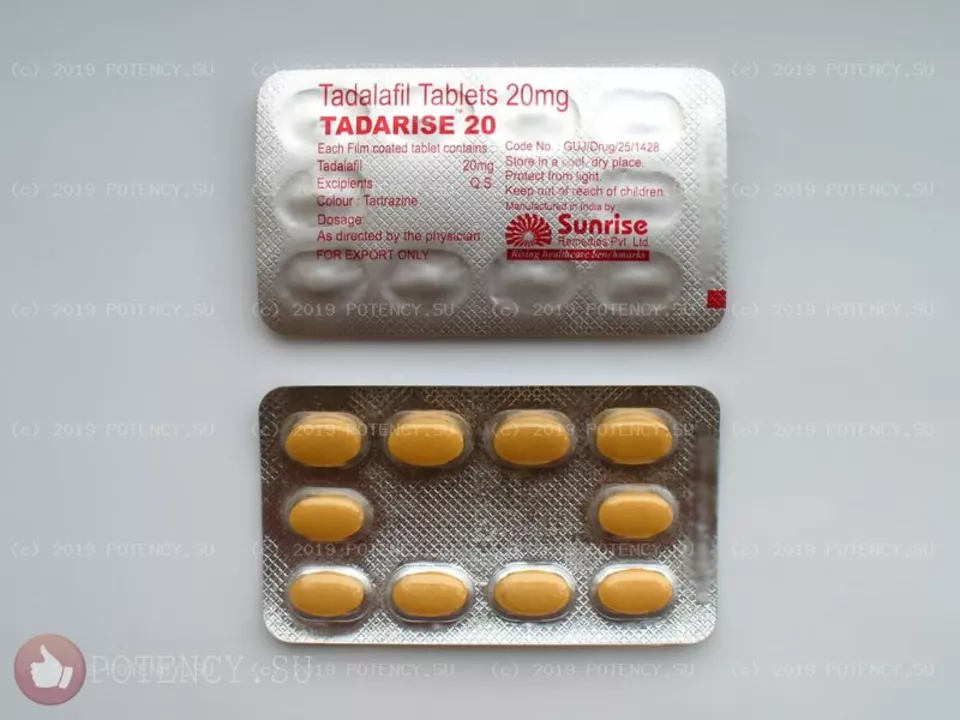Sleep: Simple, Practical Steps and Smart Medication Advice
Struggling with sleep? You're not alone. This page gathers clear, usable tips plus short guides on medications and supplements that affect sleep. Read fast, try a few changes, and know when to contact a clinician.
Everyday fixes that actually work
Start with the basics: set a consistent bedtime and wake time, even on weekends. Your body likes regularity and it helps reset your internal clock. Dim lights an hour before bed and put phones away — blue light tricks your brain into staying alert. If you drink caffeine, stop by mid-afternoon; for many people that means no coffee after 2–3pm. Alcohol can make you fall asleep faster but fragments sleep later, so it’s not a solution.
Make your bedroom for sleep only: cool, dark, and quiet. Use blackout curtains or an eye mask, and try a white-noise machine or fan if noise wakes you. Comfortable bedding matters. If you can’t sleep after 20 minutes, get up and do a calm activity (read, stretch) until you feel sleepy again. Ruminating in bed trains your brain to worry there.
Medications and supplements — what to know
Many drugs change sleep. Some antidepressants (like venlafaxine/Effexor) can cause insomnia or vivid dreams for some people, while others make you drowsy. If a new med disrupts your sleep, talk to the prescriber before stopping it. Over-the-counter antihistamines and sedating drugs (hydroxyzine/Atarax alternatives) may help short-term but can cause next-day grogginess and tolerance.
Melatonin works for shifting sleep time and jet lag; start low (0.25–1 mg) 30–60 minutes before bed and use short-term. Herbal options like valerian or chamomile help some people but evidence is mixed. Be cautious with combination products and supplements: they aren’t always tested and can interact with prescription meds.
Prescription sleep aids (z-drugs, benzodiazepines) can be effective short-term but carry risks: dependence, daytime sleepiness, and falls in older adults. Cognitive Behavioral Therapy for Insomnia (CBT-I) is the best long-term fix and beats meds for lasting benefit. Ask your clinician about CBT-I or online programs if sleep problems persist over weeks.
Watch for red flags: loud snoring with gasps (possible sleep apnea), regular daytime sleepiness that affects work or driving, frequent nighttime awakenings, or new sleep issues after starting a medication. If breathing stops during sleep or you wake choking, seek medical care and a sleep study.
On this site you'll find deeper articles about medications that affect sleep, antidepressant choices and their sleep effects, and safe supplement advice. Try the simple sleep hygiene steps first, be mindful of drug interactions, and get professional help when sleep keeps you from living well.
- Colin Hurd
- Apr, 30 2023
- 7 Comments
Tadalafil and Sleep: What You Need to Know
In my latest blog post, I discuss the connection between Tadalafil, a popular medication for erectile dysfunction, and sleep. It's essential to understand how this drug can impact our sleep patterns and overall well-being. I delve into the possible side effects and precautions to take when using Tadalafil, as well as tips for ensuring a good night's sleep. As always, I recommend consulting with a healthcare professional before making any changes to your medication. Don't miss this informative read on Tadalafil and sleep!

